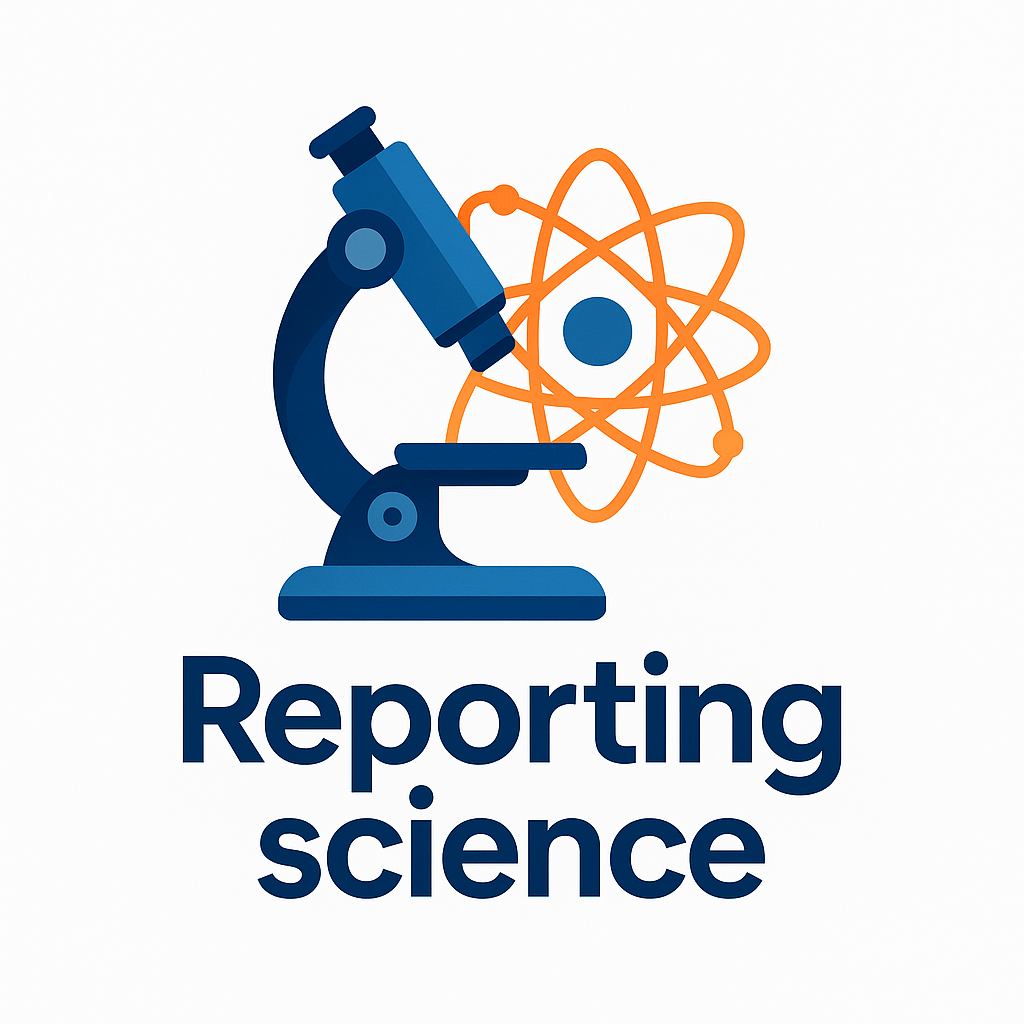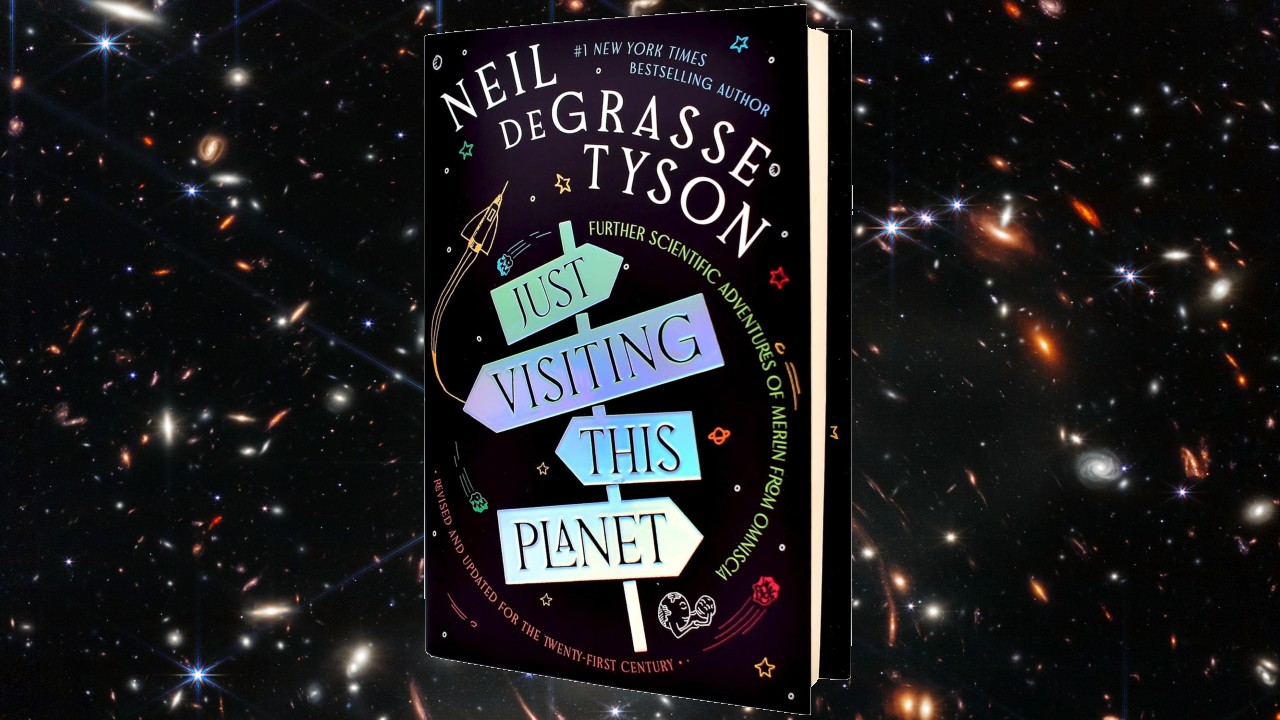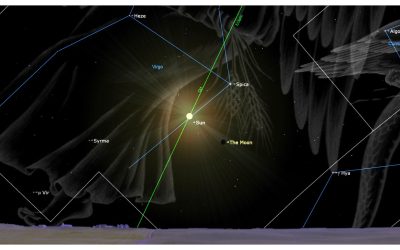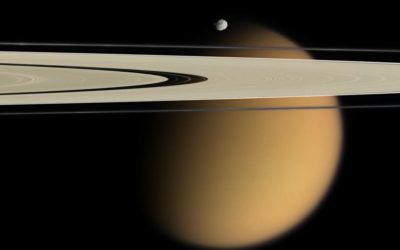Here are several ways to paraphrase “Neil deGrasse Tyson is back,” maintaining a clear, journalistic tone:
1. **Renowned astrophysicist Neil deGrasse Tyson is set to make a return.**
2. **Astrophysicist Neil deGrasse Tyson is back in the spotlight.**
3. **The acclaimed science communicator, Neil deGrasse Tyson, is making his reappearance.**
4. **Neil deGrasse Tyson, the celebrated astrophysicist, is officially returning.**
5. **Prominent astrophysicist Neil deGrasse Tyson resurfaces.**
In a 2024 interview, acclaimed astrophysicist, author, lecturer, and podcaster Neil deGrasse Tyson revisited his foundational debut, “Merlin’s Tour of the Universe.” The discussion centered on a newly revised and updated edition of the book, which was originally published in 1989. That initial release compiled a series of engaging Q&A pieces that first appeared as a popular column in The McDonald Observatory’s StarDate Magazine.
The enigmatic fictional sorcerer, Merlin of Omniscia, who hails from the Andromeda galaxy, is set to return with a new collection of answers to intriguing questions. This highly anticipated companion volume, titled “Just Visiting This Planet: Further Scientific Adventures of Merlin From Omniscia,” is slated to debut on October 21, 2025.
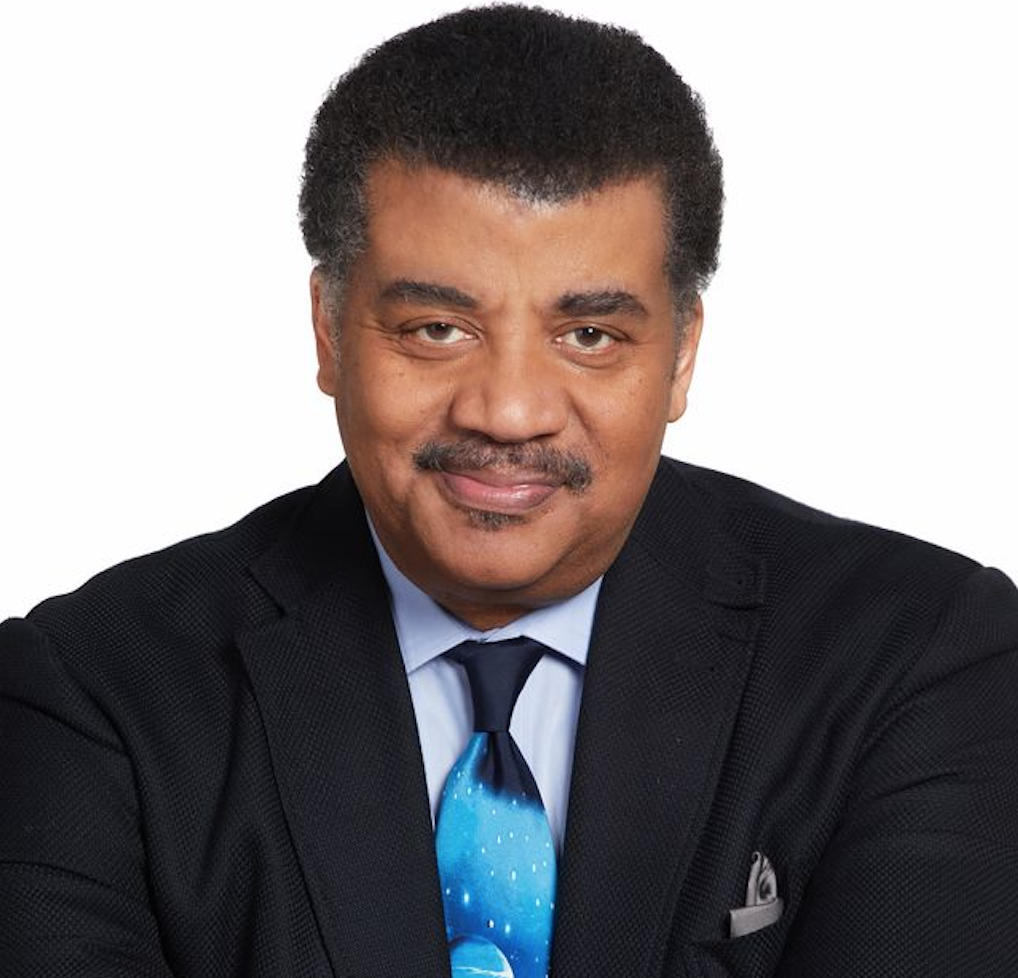
Speaking to Space.com, Neil deGrasse Tyson characterized this foundational period as the “dawn” of his scientific and educational career, serving as a crucial proving ground for his distinctive approach to public science communication. He explained that the methods, tools, tactics, and the very persona he embodied during that time — which he referred to as “Merlin” — continue to define his work today. For Tyson, this experience held profound personal significance, even if, to an outside observer, it might simply appear as a collection of engaging questions and answers.
This substantial 350-page hardback, a refreshed 21st-century edition of its 1998 predecessor, offers a treasure trove of witty and insightful answers to questions posed by the general public. The book delves into a vast array of topics, from astronomical phenomena like planets, stars, comets, black holes, moons, and galaxies, to the surprising inclusion of superheroes.
The speaker highlighted a key distinction, asserting that while typical AI outputs, such as those from ChatGPT, often present as “vacuous,” devoid of personality, and lacking the depth to foster continued engagement, Merlin operates differently. He explained that conventional AI responses frequently offer little to draw the user back, feeling “soulless” and uninspiring.
In stark contrast, Merlin’s answers are crafted to transcend the ordinary, distinguished by a “quirky personality.” This distinctive approach, he elaborated, serves as a deliberate “vehicle” to transform the learning process, making it an enjoyable and empowering journey rather than a mere obligation.

Amidst a period of widespread layoffs and significant funding reductions sweeping across virtually every scientific discipline, the project “Just Visiting This Planet” gains heightened relevance. By championing curiosity and the spirit of discovery, it delivers a powerful and timely message, underscoring for all humanity the absolute necessity of scientific endeavor in propelling our species forward.
Renowned astrophysicist Neil deGrasse Tyson recently underscored the critical importance of sustained investment in scientific discovery, issuing a stern warning about the ramifications of neglect. Tyson stated that abandoning the “moving frontier” of science—a trend he sees reflected in widespread budget cuts—will inevitably yield adverse consequences. He affirmed his respect for the democratic process, noting that citizens are free to elect their desired officials. However, he cautioned pointedly that if a society, through its democratic choices, opts to slash science programs, that decision will ultimately prove deeply damaging to its future.
Fundamental scientific research forms the indispensable basis for countless innovations now taken for granted, many of which emanate from American industries. These industries are critically dependent on this underlying science, yet its profound impact often goes unnoticed by the public. This foundational work primarily unfolds within university laboratories, conducted by dedicated researchers who typically operate outside the public spotlight, rather than through widely visible platforms.
Government funding is essential for the dedicated researchers who explore the very frontiers of human knowledge in their respective fields. This critical work often lacks immediate commercial viability, providing no quick return on investment that would attract private sector financing.
Such foundational research is inherently distinct from typical corporate research and development, which usually aims for more direct applications. Instead, these publicly funded endeavors delve into fundamental principles, eventually yielding profound insights. When published, their findings frequently unlock groundbreaking new understandings of how nature itself operates.
The journey from fundamental scientific inquiry to commercial innovation is rarely direct or immediate. Often, it’s much later that ingenious engineers step in, identifying pathways to transform abstract research breakthroughs into marketable products or services. This considerable time lag underscores a critical principle: the long-term potential and true value of a research project should not be hastily dismissed merely because its initial title or scope appears remote from immediate practical applications.
Government officials’ direct oversight and arbitrary labeling of scientific research projects as “frivolous” are drawing sharp criticism, with observers warning of dire consequences for the nation’s scientific advancement. This approach, they argue, risks stifling innovation at the frontier of discovery, particularly as other global powers, notably China, significantly expand their investment and focus on scientific development.
Critics contend that this shortsighted bureaucratic intervention could lead to a national decline in scientific prowess, a setback whose full ramifications may only become apparent in retrospect. Emphasizing the broader societal value, proponents highlight that any initiative sparking public enthusiasm for science ultimately represents a crucial investment, promising substantial long-term dividends for the future.
In preparing the revised and updated edition of “Just Visiting This Planet,” Tyson meticulously tailored the questions to align with the expectations of contemporary readers, an audience well-versed in quickly sourcing explanations and information online.
The latest volume presents a meticulously curated selection of 200 questions, drawn from an extensive initial pool of over a thousand. The author intentionally removed easily Googleable queries, such as “How hot is the sun?”, to ensure a more thought-provoking experience.
Instead, the collection prioritizes imaginative and personality-driven scenarios, with one example being the intriguing hypothetical: “What happens if aliens came and blew up the moon?” The author asserts that these questions offer a level of creative engagement superior to that typically found in AI-generated responses like ChatGPT.
A significant portion of the book focuses on “If, Then” questions, designed to explore complex hypotheticals. Adding a unique artistic dimension, the book features illustrations by the author’s brother, a professional artist – a detail the author expressed great pride in sharing.
As the Halloween season approaches, Tyson reflected on his childhood trick-or-treating adventures in New York City. He vividly recounted navigating a massive apartment complex with friends, a strategy that consistently yielded multiple grocery bags overflowing with candy. Among his favorite fun-sized treats, Tyson’s clear preferences were the classic Milky Way and Mars bars.
Blackstone Publishing has announced the release of “Just Visiting This Planet: Further Scientific Adventures of Merlin From Omniscia,” scheduled to arrive in bookstores on October 21, 2025.
